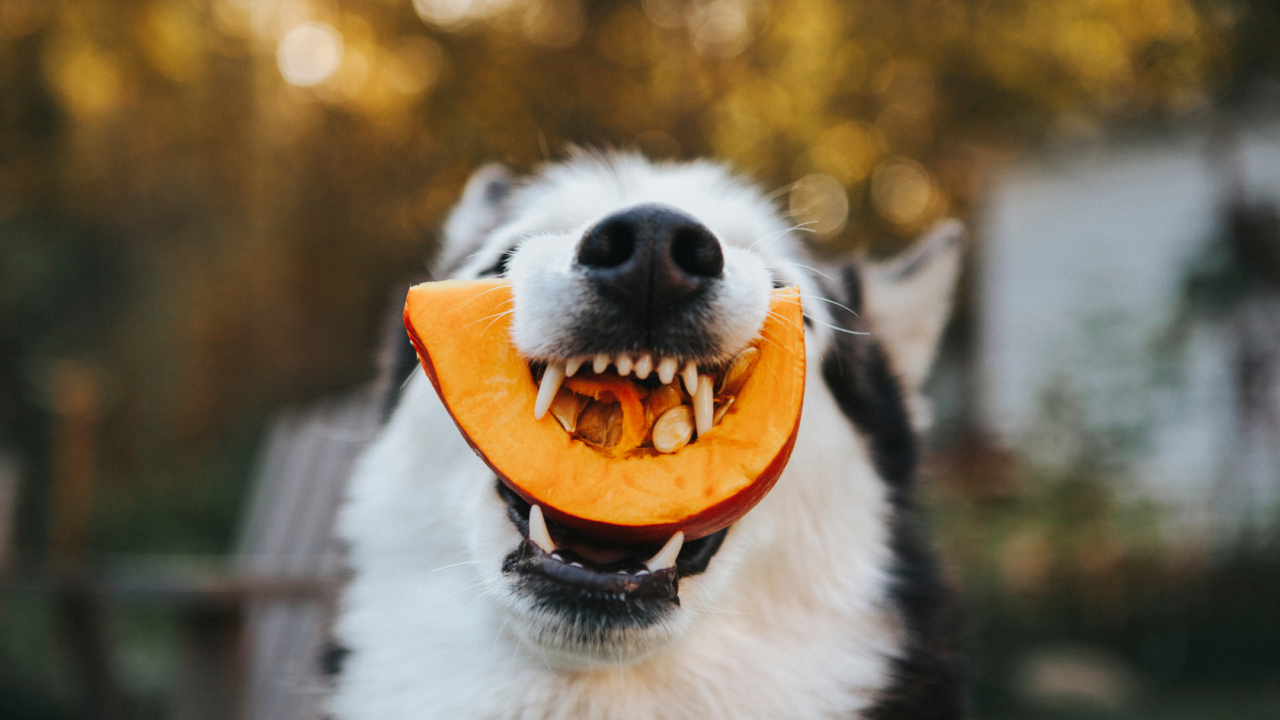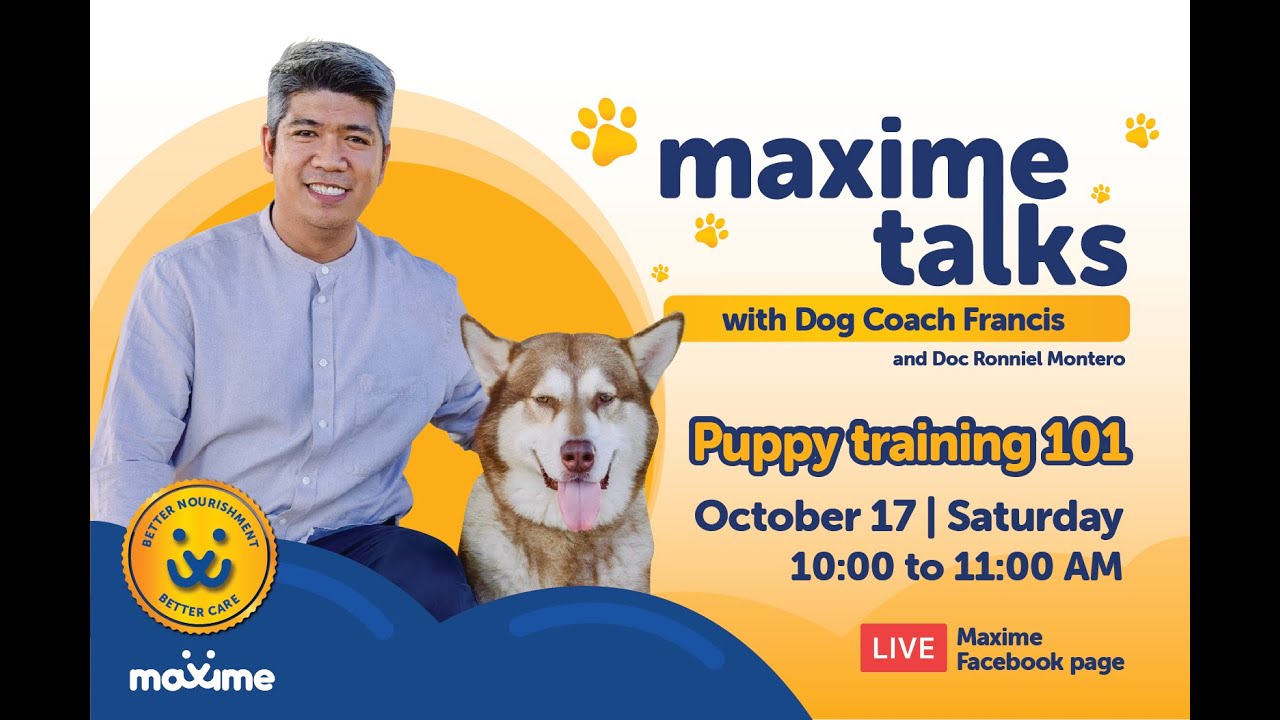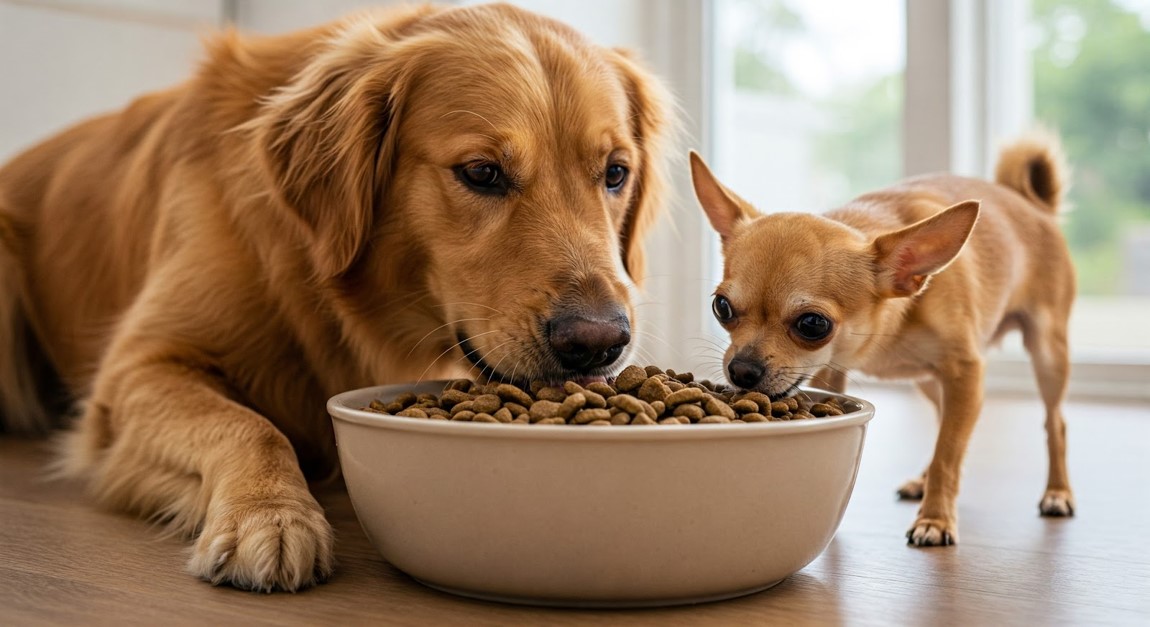Large dog breeds, often described as gentle giants, come with unique nutritional needs that set them apart from their smaller counterparts. It’s essential for dog owners to comprehend and address these specific requirements to ensure the overall health and well-being of their beloved pets. In this comprehensive guide, we’ll delve into the intricacies of large dog nutritional requirements.
Choosing the Best Diet for Large Breed Dogs
Picking the best large dog diet may be affected by various factors. One significant consideration is the difference between large breeds and smaller breeds. Large breeds have unique needs, particularly concerning growth rate and joint support. It’s crucial to opt for a well-rounded diet that includes essential nutrients tailored to the specific size and breed of the dog.
When comparing large breed dog food vs. regular-sized dog food, the primary differentiator is the formulation. Large-breed dog food typically contains adjusted levels of calcium and phosphorus to support a slower growth rate and reduce the risk of orthopedic issues. These formulas also often include added glucosamine and chondroitin for joint health, addressing the common concerns of large-breed dogs.
Specific Nutritional Needs of Large Dog Breeds
Understanding the specific nutritional needs of large dog breeds is essential for their overall health. These majestic companions require a diet that is rich in high-quality protein, healthy fats, and a balanced mix of vitamins and minerals. Protein is vital for muscle development, while the right fats contribute to joint health, a critical consideration for larger breeds prone to conditions like hip dysplasia.
Large dogs, owing to their size, are more susceptible to joint and mobility issues. Therefore, nutrients like glucosamine and chondroitin become vital additions to their diet. These compounds support joint health and can contribute significantly to the prevention of common ailments associated with larger breeds.
In terms of vitamins and minerals, large dogs benefit from a well-rounded selection. Adequate amounts of vitamin D and calcium are important for bone health, ensuring that their skeletal structure can support their size and weight effectively. Additionally, a balanced intake of other essential vitamins and minerals contributes to the overall well-being and longevity of large breeds.
Importance of Choosing the Right Dog Food
Proper nutrition is a cornerstone of large dog care, and the choice of dog food plays a pivotal role. The inclusion of antioxidants and prebiotics in Maxime’s formulation ensures that your gentle giant receives not only a delicious meal but also a nutritionally rich one. Antioxidants help combat oxidative stress, supporting overall health, while prebiotics contribute to a healthy digestive system, aiding nutrient absorption. What’s great with Maxime Elite Dry Dog Food is it’s also highly digestible, which is a huge plus for your big baby doggo.
When it comes to large dog nutritional requirements, Maxime Elite Dry Dog Food goes beyond being a mere sustenance source. It’s a tailored solution crafted to meet the unique needs when feeding large dogs, ensuring that every meal contributes to their health, vitality, and happiness.
Conclusion
Addressing the nutritional requirements of large dog breeds is a fundamental aspect of responsible pet ownership. From choosing the right diet to understanding the specific needs of larger breeds and opting for high-quality dog food like Maxime Elite Dry Dog Food, every decision contributes to the health and happiness of our canine companions. Remember, a well-fed large dog is not just a pet; it’s a cherished member of the family.




